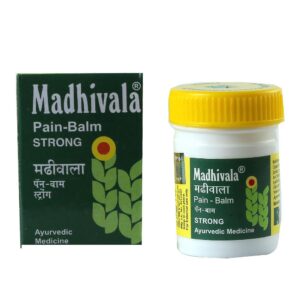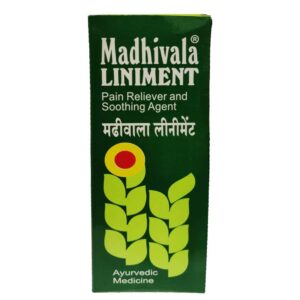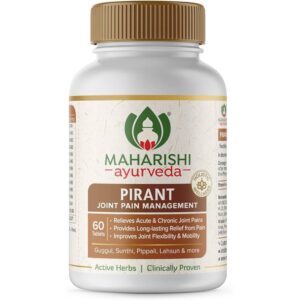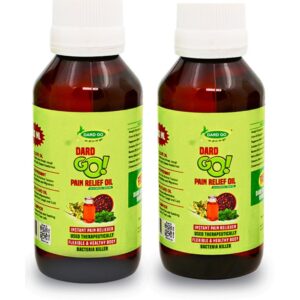HERBAL PREPARATIONS
HERBAL PREPARATIONS: Herbal preparations refer to various medicines derived from plants or plant extracts. These preparations are commonly used in traditional and alternative medicine for various purposes such as promoting health, treating symptoms, or preventing certain diseases.
Use:
Herbal preparations can be used for a wide range of conditions, including but not limited to digestion issues, anxiety and stress, insomnia, respiratory problems, skin conditions, and pain management. They may also be used as dietary supplements to support overall health and well-being.
Mechanism of action:
The mechanism of action of herbal preparations can vary depending on the specific plant or extract used. Some herbs contain active compounds that interact with receptors or enzymes in the body, leading to desired physiological effects. These compounds can have anti-inflammatory, antioxidant, antimicrobial, anxiolytic, or analgesic properties, among others.
Dose:
The dosage of herbal preparations can vary depending on the specific herb being used, the desired effect, and the individual’s health condition. It is important to follow the recommended dosage instructions provided by the manufacturer or consult with a healthcare professional or herbalist for proper guidance. Dosage forms may include capsules, tablets, tinctures, teas, or topical applications.
Side effects:
While herbal preparations are generally considered safe, it is important to note that they are not completely risk-free. Some potential side effects may include allergic reactions, gastrointestinal disturbances, interactions with other medications, and adverse effects on specific organs or systems. Certain herbs may also have contraindications for pregnant or breastfeeding individuals, children, or people with specific medical conditions. It is advisable to do thorough research, consult with a healthcare professional or herbalist, and inform them about any existing medical conditions or medications being taken before starting herbal preparations.









